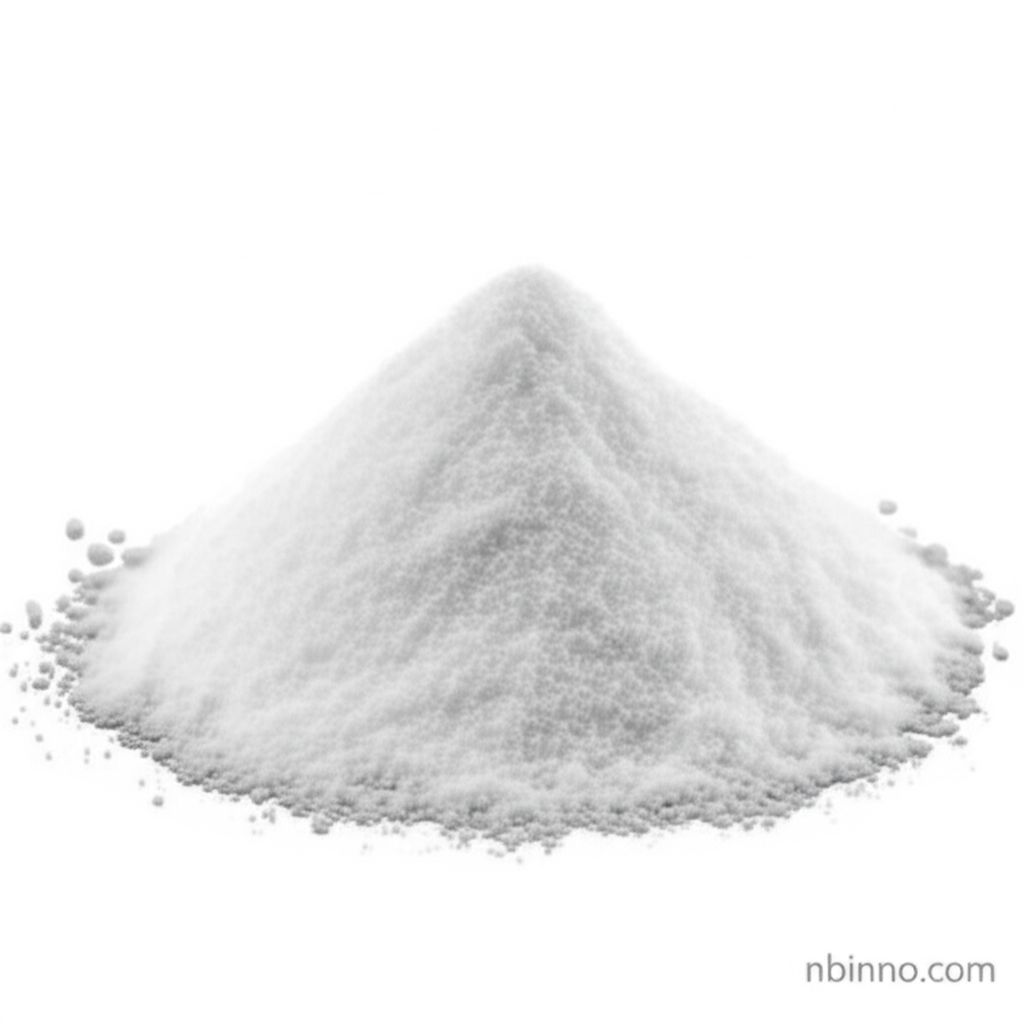Microcrystalline Cellulose: A Comprehensive Guide
Explore the versatile applications and benefits of this essential ingredient in pharmaceuticals, food, and cosmetics.
Get a Quote & SampleProduct Core Value

Microcrystalline Cellulose
Microcrystalline Cellulose (MCC) is a purified, partially depolymerized cellulose derived from natural sources like wood pulp. It's a highly versatile ingredient known for its excellent compressibility, binding, and stabilizing properties. MCC serves as a crucial excipient in the pharmaceutical industry for tablet manufacturing, a functional additive in food products, and a key component in cosmetics and nutritional supplements.
- Leverage microcrystalline cellulose uses for improved tablet formulation and delivery. This makes it ideal for direct compression and wet granulation processes, enhancing the physical properties of pharmaceutical tablets.
- Discover the benefits of microcrystalline cellulose as a dietary fiber. It contributes to digestive health and can aid in weight management by promoting satiety, making it a valuable component in health-conscious products.
- Understand the pharmaceutical applications of microcrystalline cellulose. Its inert nature and excellent compressibility make it a preferred filler and binder, ensuring consistent dosage and effective drug release.
- Explore microcrystalline cellulose properties in food production. MCC functions as a stabilizer, thickener, and anti-caking agent, improving the texture and shelf-life of various food items.
Key Advantages
Exceptional Binder and Filler
Microcrystalline Cellulose exhibits superior binding and filling capabilities, essential for creating stable and well-formed tablets, a key aspect of pharmaceutical applications of microcrystalline cellulose.
Natural Dietary Fiber Source
As a natural dietary fiber, MCC aids digestion and can contribute to weight management by promoting a feeling of fullness, showcasing the microcrystalline cellulose benefits in health and wellness.
Versatile Stabilizer and Texturizer
In food and cosmetic industries, microcrystalline cellulose functions effectively as a stabilizer, thickener, and anti-caking agent, enhancing product quality and consistency.
Key Applications
Pharmaceuticals
Widely used as a binder, diluent, disintegrant, and glidant in tablet and capsule formulations for direct compression and wet granulation, a primary use of microcrystalline cellulose.
Food Industry
Functions as a thickener, stabilizer, anti-caking agent, fat replacer, and bulking agent in various food products, demonstrating the microcrystalline cellulose food additive utility.
Cosmetics
Employed as an absorbent, abrasive, anti-caking agent, emulsion stabilizer, binder, bulking agent, and texturizer in personal care products and makeup.
Nutraceuticals & Supplements
Serves as a filler and binder in supplements, aiding in the creation of tablets and capsules, highlighting the role of microcrystalline cellulose in supplements.
